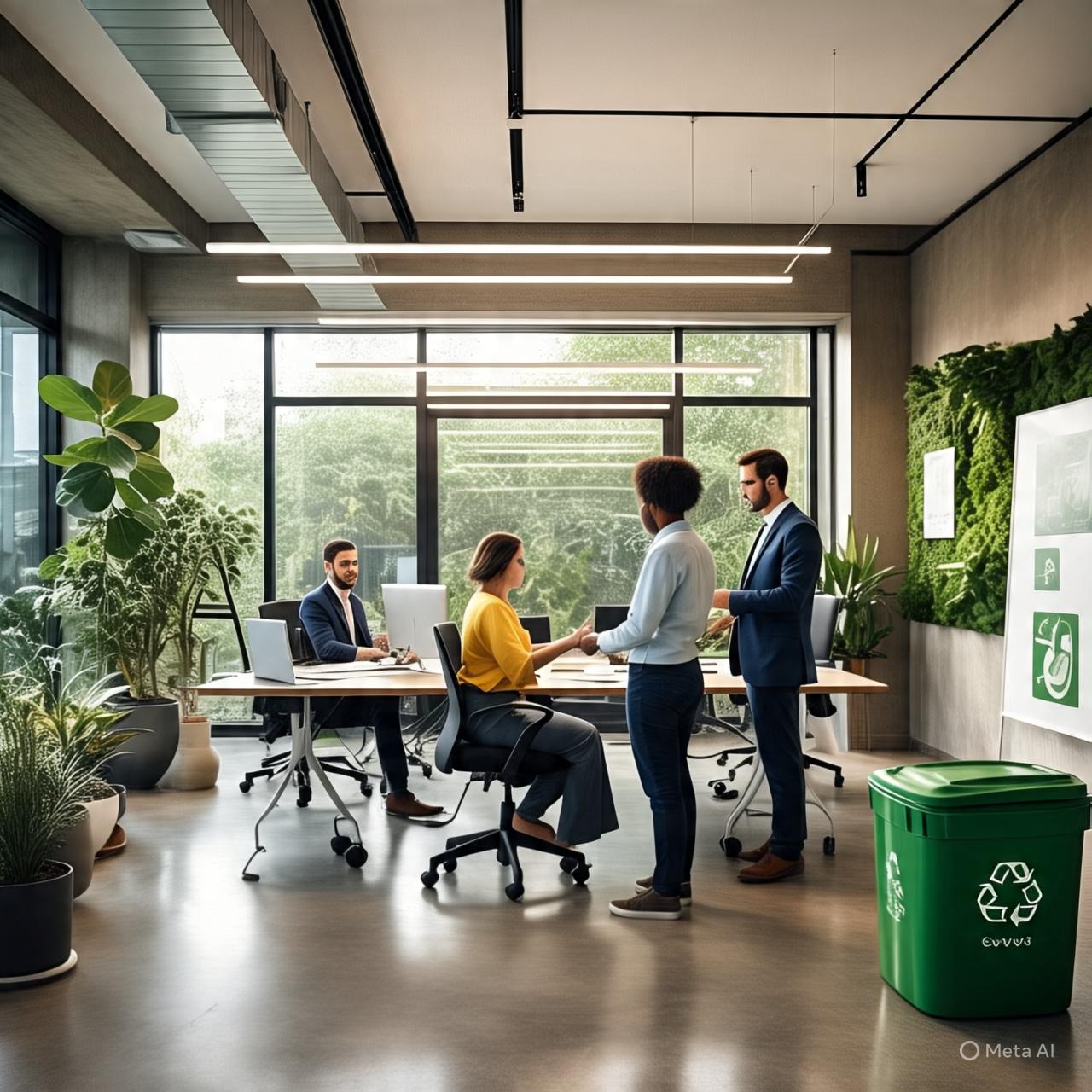Sustainability refers to the practice of meeting the needs of the present without compromising the ability of future generations to meet their own needs. It encompasses three main pillars:
*Environmental Sustainability:*
1. *Conservation*: Preserving natural resources, ecosystems, and biodiversity.
2. *Renewable Energy*: Transitioning to clean energy sources like solar, wind, and hydro power.
3. *Waste Reduction*: Minimizing waste, promoting recycling, and reducing pollution.
*Social Sustainability:*
1. *Human Rights*: Ensuring fair labor practices, equal opportunities, and social justice.
2. *Community Engagement*: Fostering community involvement, participation, and empowerment.
3. *Cultural Preservation*: Protecting cultural heritage and promoting diversity.
*Economic Sustainability:*
1. *Responsible Resource Management*: Managing resources efficiently, reducing waste, and promoting sustainable consumption.
2. *Long-term Thinking*: Prioritizing long-term benefits over short-term gains.
3. *Innovation*: Encouraging sustainable innovation, entrepreneurship, and economic growth.
*Benefits of Sustainability:*
1. *Environmental Protection*: Preserving natural resources and ecosystems.
2. *Improved Quality of Life*: Enhancing human well-being, health, and prosperity.
3. *Economic Growth*: Creating new opportunities, jobs, and industries.
By adopting sustainable practices, individuals, organizations, and societies can contribute to a more equitable, resilient, and thriving future.

